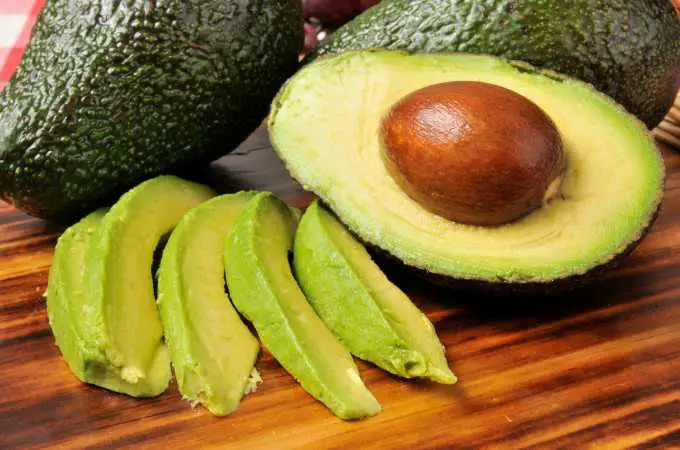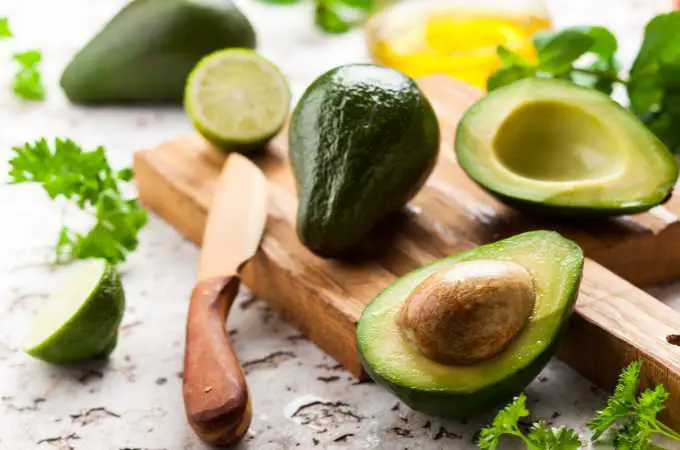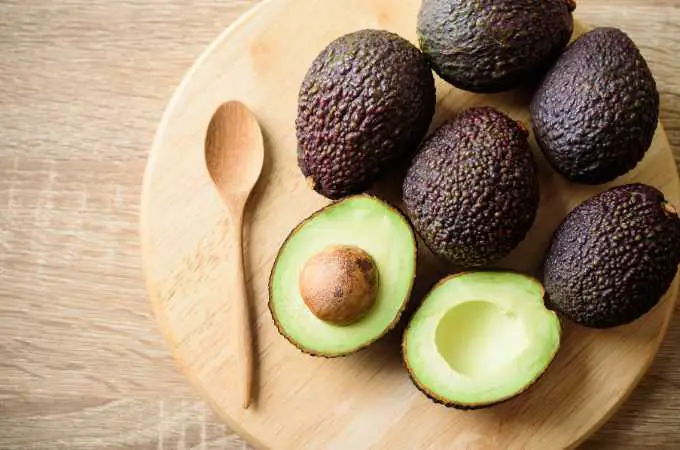
Avocados, with their creamy texture and rich flavor, are a favorite among humans. But can sugar gliders, those adorable, pocket-sized marsupials, safely enjoy avocados as well? This article delves into the dietary compatibility of sugar gliders with avocados, providing essential insights for pet owners.
Before introducing any new food to a sugar glider’s diet, it’s crucial to understand their dietary needs. Sugar gliders are omnivorous and in the wild, they primarily consume nectar, fruit, and insects. This diet is rich in sugars and protein, a combination that’s necessary for their high-energy lifestyle.
Avocado: Nutritional Profile
Avocados are nutrient-dense and provide a variety of vitamins and minerals, including Vitamin K, C, E, B5, B6, and folate. They also contain more potassium than bananas. The high content of healthy fats in avocados is beneficial for humans, but what does this mean for sugar gliders?
Potential Benefits of Avocado for Sugar Gliders
In moderation, the nutrients in avocados could potentially benefit sugar gliders. For instance, the vitamins could support their immune system, and the healthy fats might aid in maintaining a healthy coat. However, these benefits are theoretical, as there is no specific study confirming the advantages of avocados in a sugar glider’s diet.
Risks and Dangers
Despite its nutritional value, avocado poses significant risks to sugar gliders. Avocados contain a substance called persin, which is harmless to humans but can be toxic to many animals. While there’s limited research on persin’s effect on sugar gliders, it’s better to err on the side of caution.
Additionally, the high-fat content in avocados, although healthy for humans, might not align with the dietary needs of sugar gliders. A diet too rich in fats can lead to obesity and other health issues in these small creatures.
You might also like: What Can Sugar Gliders Eat?

Serving Recommendations
Considering the risks, it’s advisable to avoid feeding avocados to sugar gliders. If you do decide to offer avocados, it should be in very small quantities and only occasionally. Ensure that it’s ripe, fresh, and thoroughly washed to remove any chemicals or pesticides. Remove the skin and the pit, as these can be choking hazards and contain higher concentrations of persin.
Alternatives to Avocado
Instead of avocados, you can offer sugar gliders other fruits that are known to be safe and beneficial for them. These include apples, pears, melons, and berries. Always serve these in moderation as part of a balanced diet that includes a mix of fruits, vegetables, protein sources, and nectar or a nectar substitute.
Special Considerations When Feeding Fruits to Sugar Gliders
When incorporating fruits like avocados into a sugar glider’s diet, it’s essential to understand how these foods fit into their overall nutritional needs. Sugar gliders in the wild consume a varied diet, but in captivity, achieving this balance requires careful consideration. Fruits should be a part of a diverse diet that includes proteins and other nutrients essential for their health.
The Role of Fruits in a Sugar Glider’s Diet
Fruits, in general, are an excellent source of vitamins, minerals, and hydration for sugar gliders. They contribute to the variety that is crucial in mimicking a sugar glider’s natural diet. However, fruits should not be the primary component of their diet due to their high sugar content. Overconsumption of sugar can lead to health problems such as obesity and dental issues in sugar gliders.
Identifying Safe Fruits for Sugar Gliders
In addition to avocados, there are several fruits that sugar gliders can safely consume. Some of these include:
- Apples: A good source of fiber and vitamin C but should be served without seeds.
- Pears: They are high in fiber and vitamin C. Ensure they are ripe and free from pits.
- Berries: Such as blueberries, strawberries, and raspberries, are rich in antioxidants.
- Melons: Watermelon, cantaloupe, and honeydew provide hydration and are low in calories.
Always introduce new fruits slowly and in small quantities to monitor for any adverse reactions.
You might also like: Can Sugar Gliders Eat Broccoli?
Preparing Fruits for Sugar Gliders

Proper preparation of fruits is vital for the safety of sugar gliders. This includes:
- Washing: All fruits should be thoroughly washed to remove pesticides and chemicals.
- Peeling and Cutting: Remove skins and seeds, as they can be choking hazards or contain harmful substances. Cut fruits into small, manageable pieces.
- Frequency and Quantity: Fruits should be given in moderation, making up only a small portion of the diet. Overfeeding can lead to health issues.
Monitoring Sugar Glider’s Health
Regular monitoring of your sugar glider’s health is essential, especially when introducing new foods like avocado. Changes in weight, behavior, or bowel movements can indicate whether a particular food is agreeing with them. Always consult a veterinarian if you notice any concerning signs.
It’s always recommended to consult with a veterinarian who specializes in exotic pets for advice on your sugar glider’s diet. They can provide guidance tailored to your pet’s specific health needs, age, and activity level.
Final Thoughts
While avocados can be a controversial topic in the diet of sugar gliders, understanding the role of fruits and proper dietary practices is key. By focusing on safe fruits and ensuring a balanced diet, you can help maintain the health and happiness of your sugar glider. Remember, when in doubt, consult with a professional to ensure the best care for your furry friend.









